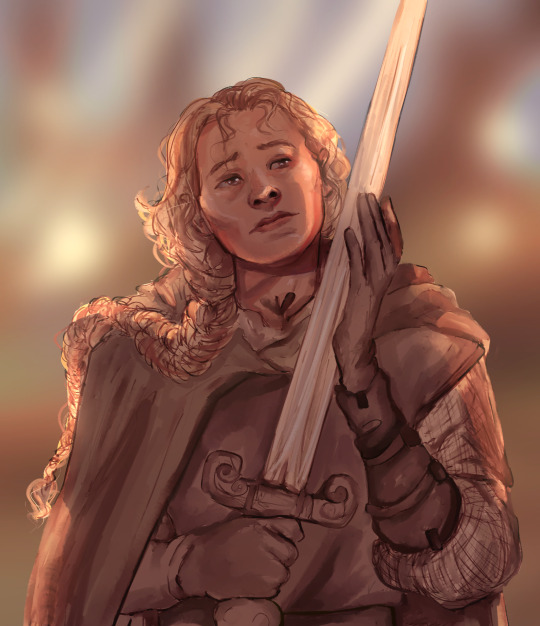#and theodwyn
Explore tagged Tumblr posts
Text

éowyn best character
#éowyn#éowyn daughter of éomund#and theodwyn#my woman#MY beautiful smart brave woman#lotr#lord of the rings#art#digital art#i am no man
560 notes
·
View notes